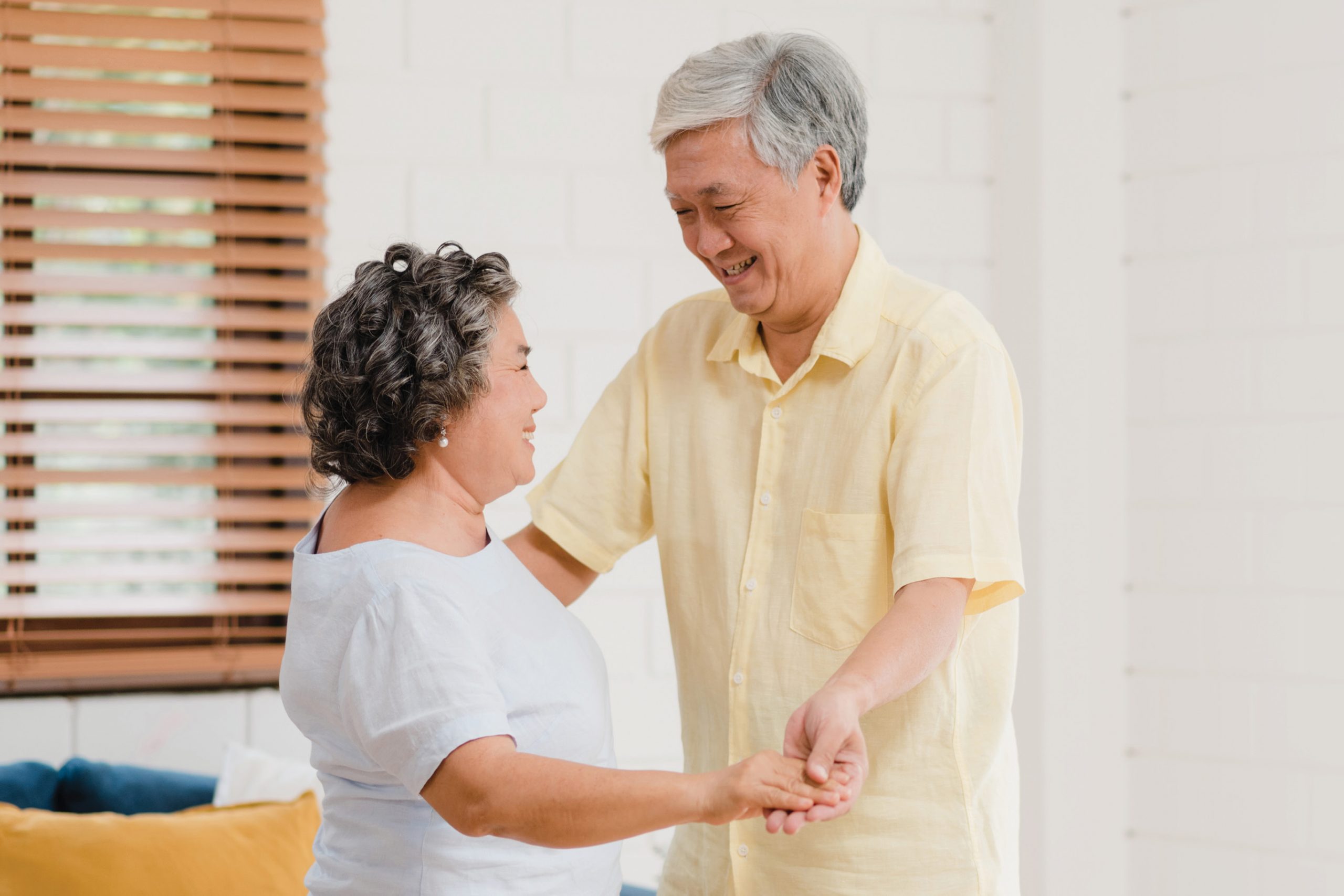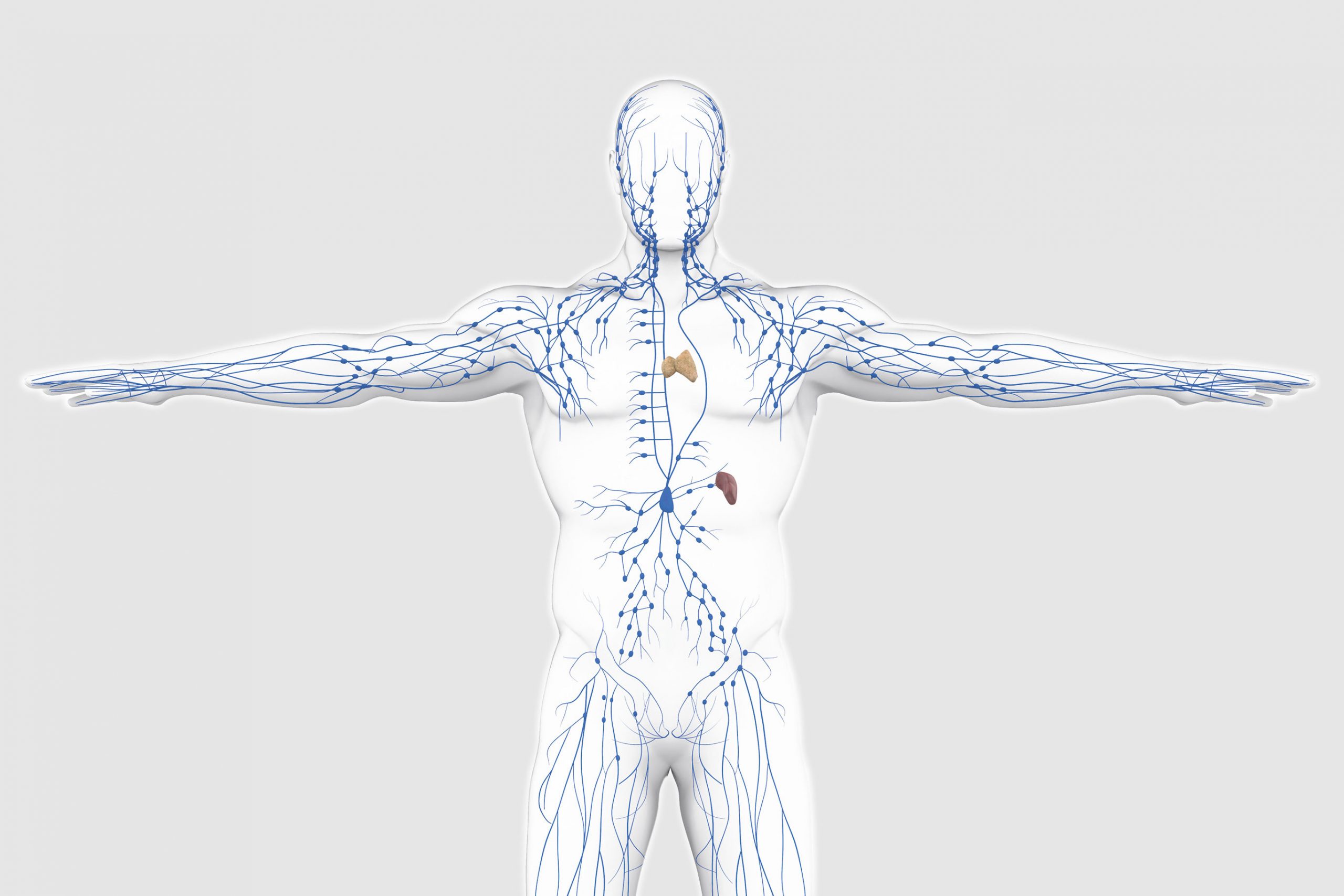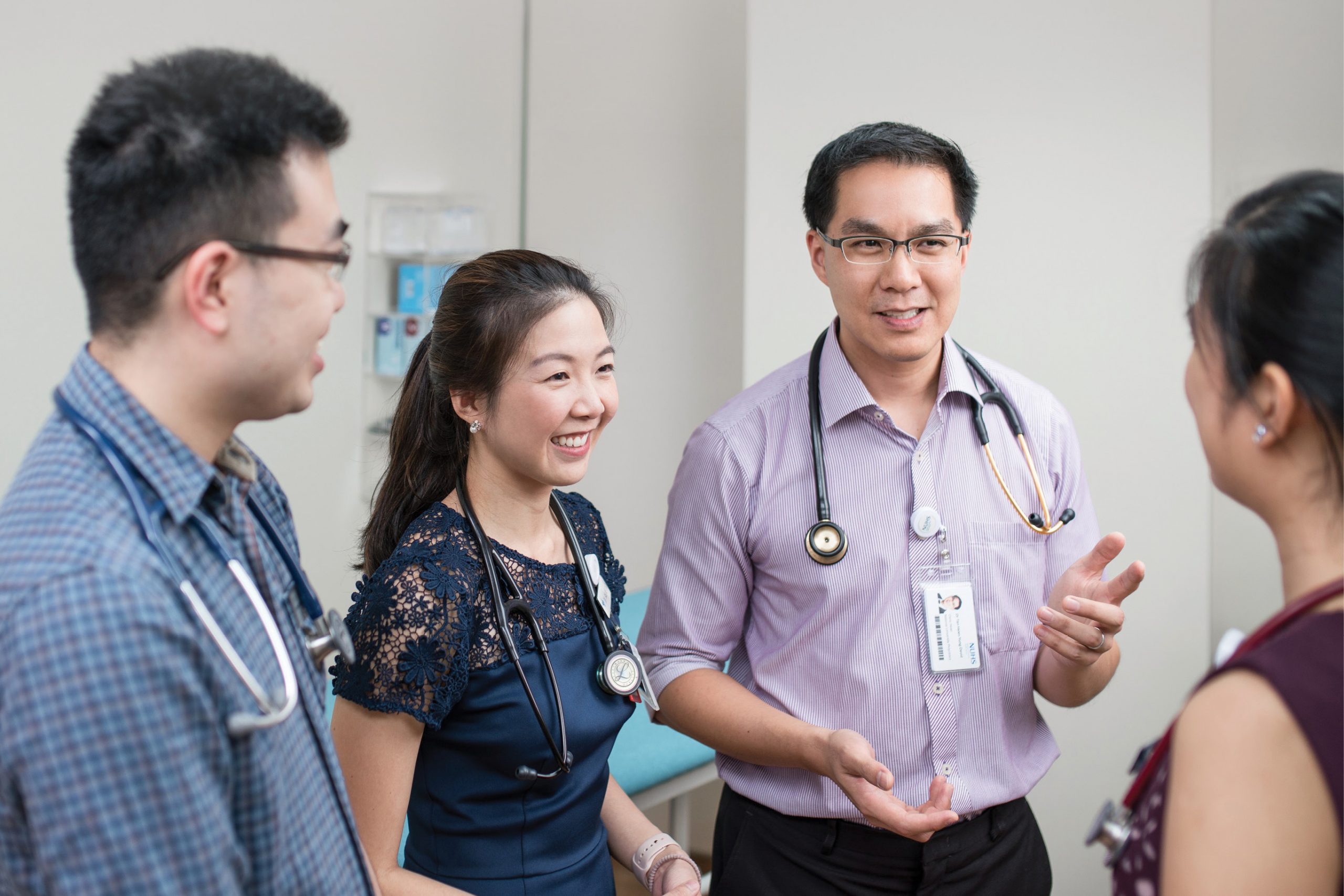
Issue 39 / August 2021
IN VIVO
Living Better, Longer:
How Research Is Giving New Life to Ageing

When I was younger, I thought the term “ageing gracefully” had a nice ring to it. I rather liked the idea of someone describing the 70-year-old me this way as I sipped chamomile tea and knitted a scarf.
ast forward to the 2020s and aspiring just to age gracefully smacks of low ambition in the face of research that aims to slow or even reverse the ageing process.
Some of this exciting work, especially resonant in Singapore with its rapidly ageing population, is taking place in the NUS Medicine Healthy Longevity Translational Research Programme. The programme brings together scientists from a broad range of disciplines to investigate the many aspects of ageing. The researchers aim to achieve a more comprehensive understanding of how the body ages and, ultimately, find ways to improve the health and vitality of people as they grow older.
12.4%
of Singaporeans
were older than
65 years old
in 2019
33%
of Singaporeans
would be older
than 65 years old
by 2050
The work could not come at a better time, what with the rapid ageing of the Singaporean population. In 2019, 12.4% of Singaporeans were older than 65 years. By 2050, this proportion is projected to almost triple to 33%.1,2
About the
Healthy Longevity
programme
39
faculty members
specialising in one
of 4 focus areas:
systemic ageing,
brain ageing,
vascular ageing,
and female
reproductive
ageing
The Healthy Longevity programme includes 39 members of faculty who specialise in one of four focus areas: systemic ageing, brain ageing, vascular ageing, and female reproductive ageing. The programme lead, Professor Brian Kennedy, is a professor in the departments of Biochemistry and Physiology at NUS Medicine, and the former President and CEO of the Buck Institute for Research on Aging in Novato, California. The programme is one of nine Translational Research Programmes that were established at NUS Medicine in 2020; bringing together basic and clinical scientists from different disciplines to address an important disease need or research question.
The lifelong process of growing old
In the area of systemic ageing, researchers are working to understand the mechanisms governing how the body ages as a whole and find interventions that slow or reverse the process. Prof Kennedy will be working with Professor Andrea Maier, a new faculty member in the Department of Medicine who specialises in human ageing studies. One study involves measuring 10 biomarkers in the Singaporean population aged 40 years and older. These biomarkers include classical indicators like pulse rate velocity, DEXA scans, VO2max, and grip strength, new AI‑based markers including the epigenetic clock, integrated complete blood count data and metabolomics, as well as an assessment of age based on 3D facial reconstruction analysis. The idea is to identify people earlier (say, around 40 years old) who have markers that indicate a propensity for unhealthy ageing. These people can then be targeted for interventions to prolong their years of healthy life.
Just after age 30, our bodies begin to deteriorate and our functioning declines in a systemic ageing process called senescence. However, the most important part of ageing is not the actual age, but rather maintaining a high quality of life for as long as possible.
Another exciting study in the field is being headed by Professor Koh Woon Puay and involves deep characterisation of the ageing process in individuals during their 60s and 70s. This is an important period in a person’s life, during which some people remain highly functional and disease-free while others experience significant functional decline and multiple morbidities. Understanding what keeps people healthy in this age range will help to inform the development of strategies for ageing populations.
“The healthcare challenge of an ageing population is one of the biggest issues facing Singapore in this century. By understanding the ageing process, the Healthy Longevity Translational Research Programme seeks to develop strategies to keep people healthy, happy and active as they age,” said Prof Kennedy.

In Singapore, brain ageing conditions such as dementia are increasing in prevalence with the rapid ageing of the population. Associate Professor Christopher Chen, a researcher in the Healthy Longevity Translational Research Programme, is leading the SINgapore GERiatric intervention study to reduce physical frailty and cognitive decline (SINGER).2 This study showed that interventions that prevented the onset of dementia in Finland (in a Finnish study called FINGER) are likely to be effective in the Singaporean population. These interventions included diet, exercise, cognitive training and monitoring of vascular risk factors such as blood pressure. In addition, the SINGER researchers made modifications to the FINGER interventions that may be even more effective in the local population. The next step is to conduct a clinical study to compare outcomes between a group that receives the interventions and another group that does not.
“The healthcare challenge of an ageing population is one of the biggest issues facing Singapore in this century. By understanding the ageing process, the Healthy Longevity Translational Research Programme seeks to develop strategies to keep people healthy, happy and active as they age.”
Prof Brian Kennedy, Lead, Healthy Longevity Programme
Ageing in the cells that make up our blood vessels also has wide-ranging impacts, potentially causing vascular diseases such as heart disease and stroke. Biomarkers such as cholesterol and triglyceride concentrations are predictors of vascular ageing and the risk of morbidity and mortality. Associate Professor Raymond Seet, Deputy Director of the programme, is overseeing the development of research in this area, with ongoing clinical cohorts and molecular studies.
As more women around the world are deciding to have children in their 30s and 40s, ageing and fertility has become an important research focus internationally. Professor Rong Li from the Mechanobiology Institute at NUS and Dr Huang Zhong Wei from the Healthy Longevity Translational Research Programme, are developing candidate therapeutics for female reproductive ageing, which they plan to test in clinical trials. A new initiative, the Asia Centre for Reproductive Longevity and Equality, was recently set up to study ways to extend the period of reproductive fitness for women. This is an exciting new direction of research, as the relationship between reproductive ageing and systemic ageing remains poorly understood. This institute, which involves researchers from the Healthy Longevity programme, was funded by a donation from Ms Nicole Shanahan, President of the Bia-Echo Foundation. The foundation supports research in healthy longevity and equality, among other causes.
Just after age 30, our bodies begin to deteriorate and our functioning declines in a systemic ageing process called senescence. However, the most important part of ageing is not the actual age, but rather maintaining a high quality of life for as long as possible. Instead of our bodies slowing down as we age, the researchers in the Healthy Longevity Translational Research programme are working to slow down the ageing of our bodies which is good news for all of us. Perhaps I can put my knitting needles away for a bit longer.
-
Chen C, Xu X, Chew E, Henry CJ, Koo EH. Singapore intervention study to prevent cognitive impairment and disability (singer) initiative. Alzheimers Dement. 2017;13(7).
-
United Nations, Department of Economic and Social Affairs, Population Division. New York: United Nations: World Population Ageing; 2019.




